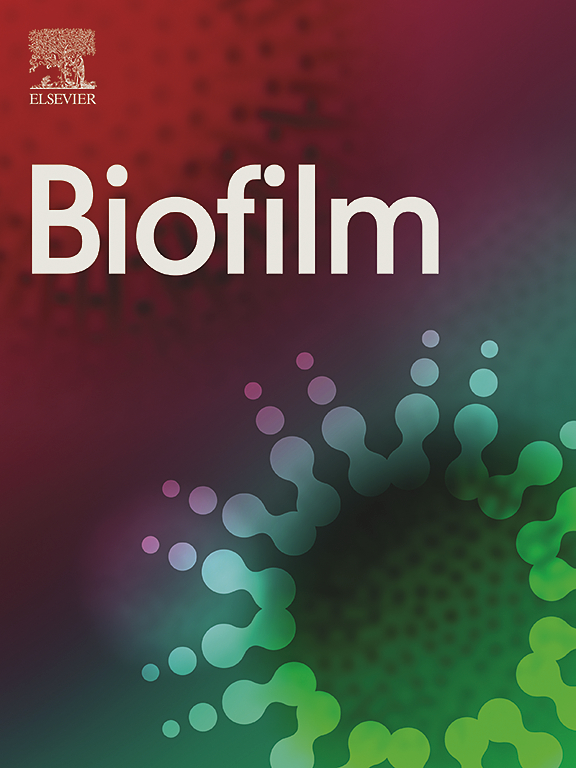瞄准 MYC:肿瘤学中的多维调控和治疗策略
IF 6.9
2区 医学
Q1 BIOCHEMISTRY & MOLECULAR BIOLOGY
引用次数: 0
摘要
在大约 70% 的人类癌症中,MYC 都出现了失调,这有力地说明了它在癌症中的重要功能。MYC 调节许多生物过程,如细胞周期、新陈代谢、细胞衰老、细胞凋亡、血管生成和免疫逃逸。MYC 在致癌过程中起着核心作用,是肿瘤发生和耐药性的关键调节因子。因此,MYC 是开发抗癌药物最诱人的治疗靶点之一。虽然寻找 MYC 的直接抑制剂具有挑战性,但不能简单地认为 MYC 是不可药用的。靶向 MYC-MAX 复合物是直接靶向 MYC 的有效方法。另外,间接靶向 MYC 也是一种更实用的治疗方法,主要包括抑制 MYC 的转录或翻译过程、破坏 MYC 蛋白的稳定性以及阻断 MYC 过表达时合成致死的基因。在本综述中,我们阐述了 MYC 在癌症进展中的多方面作用,重点介绍了一系列直接或间接针对 MYC 的癌症治疗策略和抑制剂。本文章由计算机程序翻译,如有差异,请以英文原文为准。
Targeting MYC: Multidimensional regulation and therapeutic strategies in oncology
MYC is dysregulated in approximately 70% of human cancers, strongly suggesting its essential function in cancer. MYC regulates many biological processes, such as cell cycle, metabolism, cellular senescence, apoptosis, angiogenesis, and immune escape. MYC plays a central role in carcinogenesis and is a key regulator of tumor development and drug resistance. Therefore, MYC is one of the most alluring therapeutic targets for developing cancer drugs. Although the search for direct inhibitors of MYC is challenging, MYC cannot simply be assumed to be undruggable. Targeting the MYC-MAX complex has been an effective method for directly targeting MYC. Alternatively, indirect targeting of MYC represents a more pragmatic therapeutic approach, mainly including inhibition of the transcriptional or translational processes of MYC, destabilization of the MYC protein, and blocking genes that are synthetically lethal with MYC overexpression. In this review, we delineate the multifaceted roles of MYC in cancer progression, highlighting a spectrum of therapeutic strategies and inhibitors for cancer therapy that target MYC, either directly or indirectly.
求助全文
通过发布文献求助,成功后即可免费获取论文全文。
去求助
来源期刊

Genes & Diseases
Multiple-
CiteScore
7.30
自引率
0.00%
发文量
347
审稿时长
49 days
期刊介绍:
Genes & Diseases is an international journal for molecular and translational medicine. The journal primarily focuses on publishing investigations on the molecular bases and experimental therapeutics of human diseases. Publication formats include full length research article, review article, short communication, correspondence, perspectives, commentary, views on news, and research watch.
Aims and Scopes
Genes & Diseases publishes rigorously peer-reviewed and high quality original articles and authoritative reviews that focus on the molecular bases of human diseases. Emphasis will be placed on hypothesis-driven, mechanistic studies relevant to pathogenesis and/or experimental therapeutics of human diseases. The journal has worldwide authorship, and a broad scope in basic and translational biomedical research of molecular biology, molecular genetics, and cell biology, including but not limited to cell proliferation and apoptosis, signal transduction, stem cell biology, developmental biology, gene regulation and epigenetics, cancer biology, immunity and infection, neuroscience, disease-specific animal models, gene and cell-based therapies, and regenerative medicine.
 求助内容:
求助内容: 应助结果提醒方式:
应助结果提醒方式:


